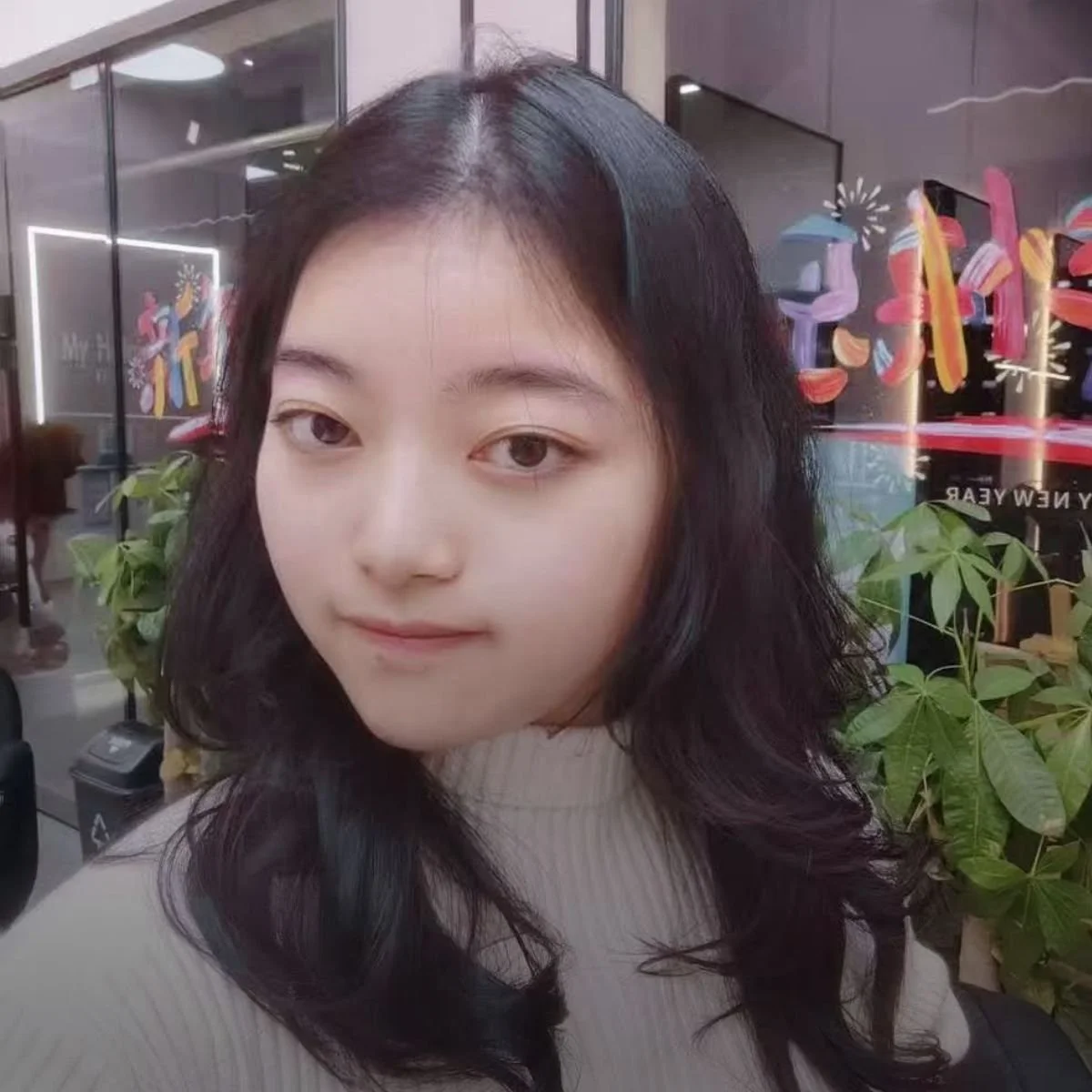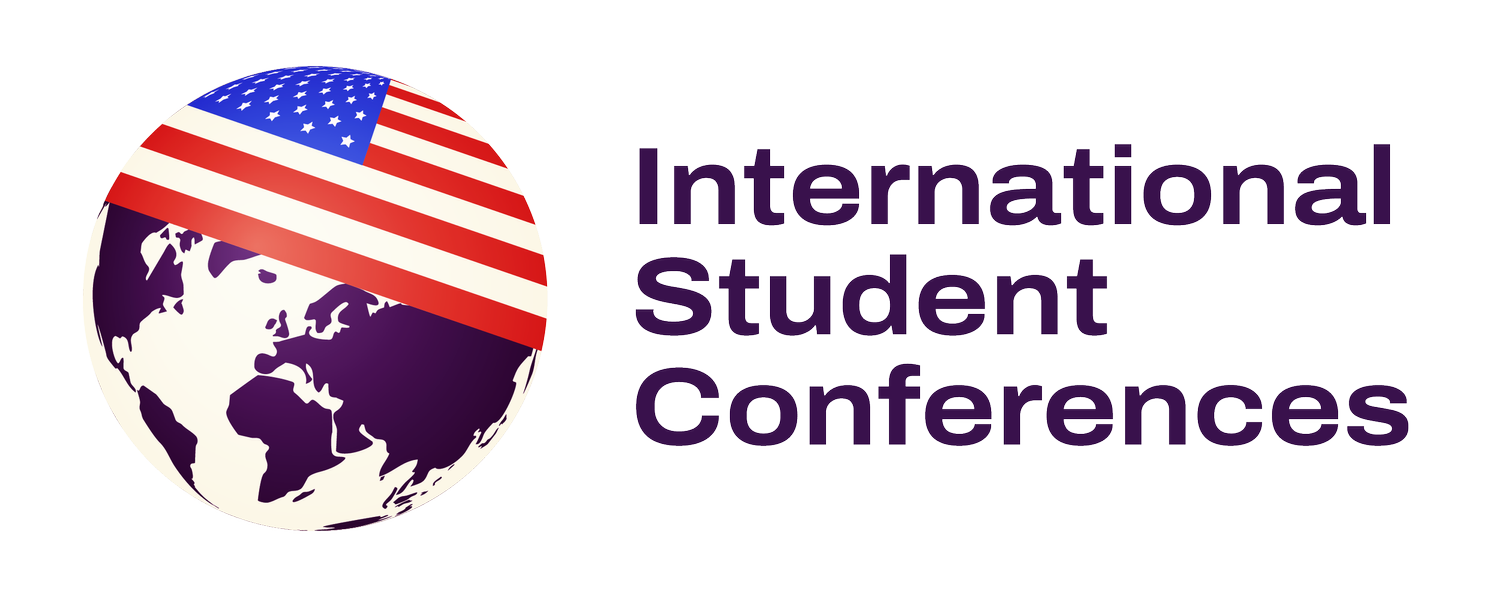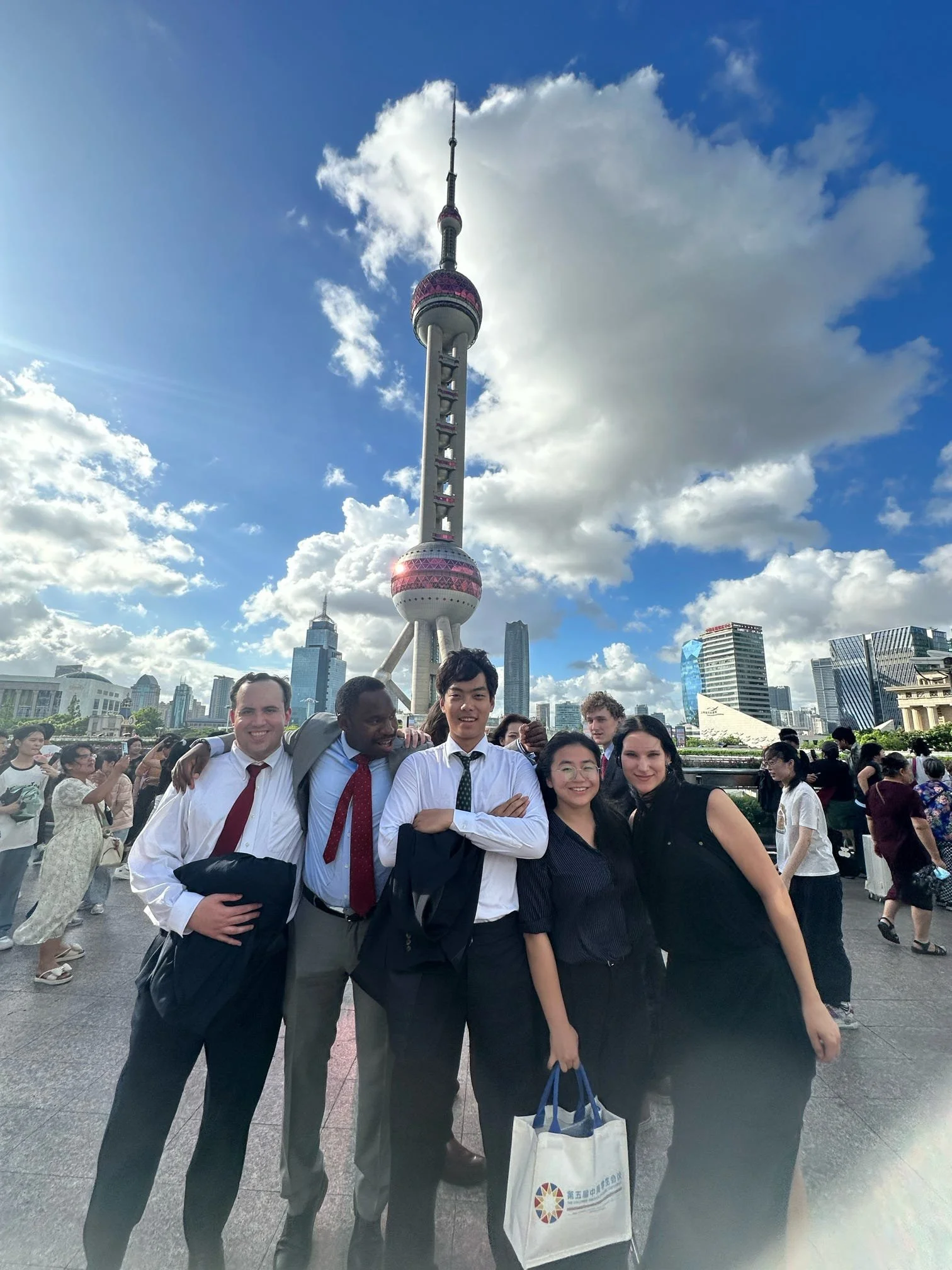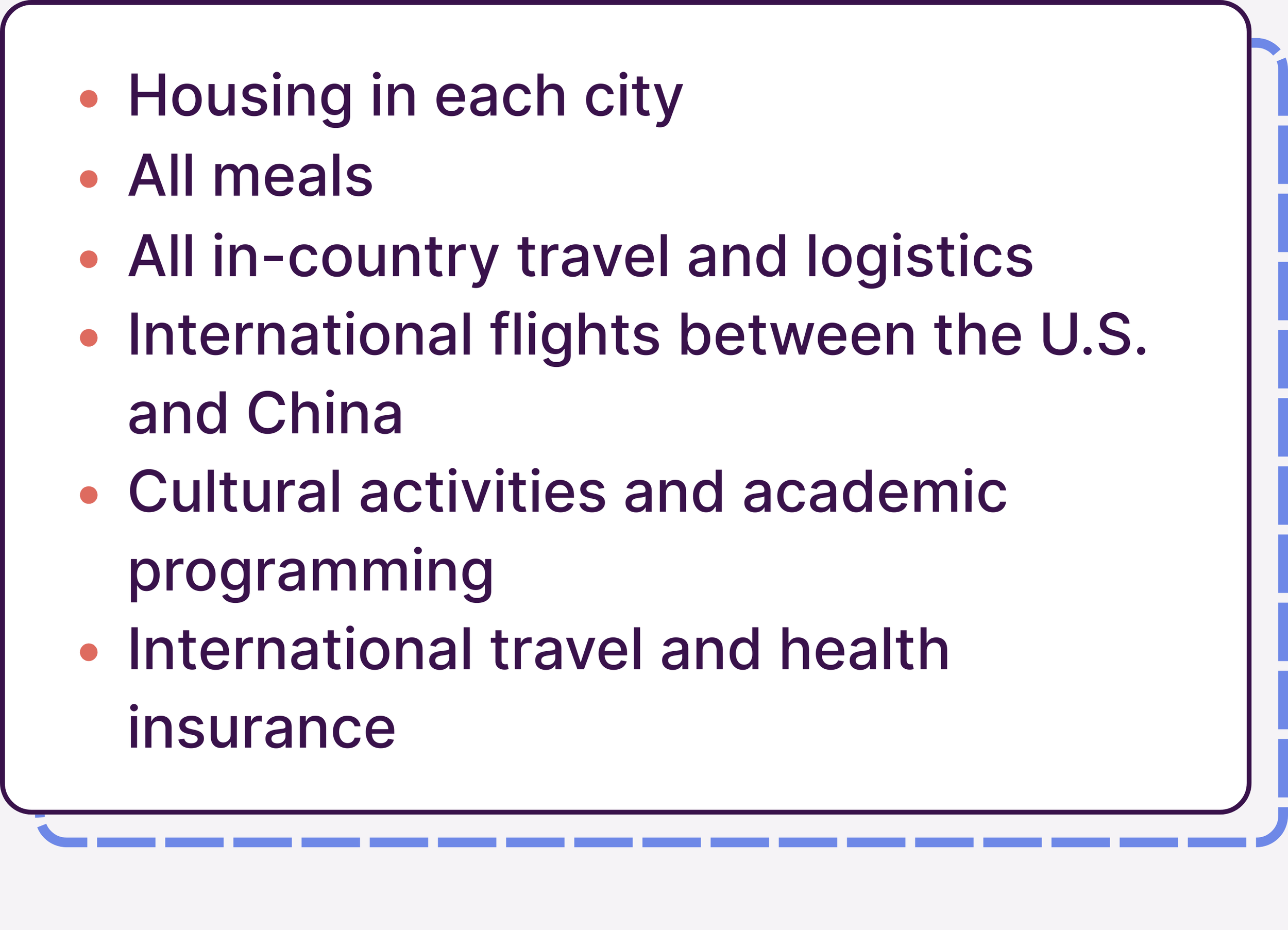United States ↔ China
China-America Student Conference
What is the China-America Student Conference?
The China–America Student Conference (ChASC) is a student-led exchange program that brings together college students from China and the United States. Each year, the same number of students from both countries are chosen to take part.
For three weeks, delegates travel, learn, and take part in open discussions together. Through roundtables, guest talks, cultural activities, and shared daily life, ChASC helps students better understand U.S.–China relations and develop skills to lead in a global world.
ChASC is different because it is run completely by students. Each year, a student Executive Committee plans the program, chooses the themes, and leads the discussions, making the experience truly peer-driven and relevant.
In 2026, ChASC 6 will take place in Washington, D.C.; Missoula, Montana; Kunming, China; Beijing, China.

Program Overview
跨越山海,共筑未来 Bridging Horizons, Building Futures
In a world where cooperation and conflict often coexist, the theme “Bridging Horizons, Building Futures” reflects the importance of empathy and dialogue in an increasingly interconnected yet divided world. It encourages delegates to look beyond differences, especially within the context of U.S.–China relations, and to find common ground where collaboration can lead to shared progress.
📂 Application Opens: October 29, 2025
📁 Application Closes: February 15, 2026, at 11:59 p.m. ET
📆 Conference Dates: July 3–24, 2026
📍 Sites: Washington, D.C., Missoula, Kunming, and Beijing
Each delegate joins a Roundtable (RT) — a small group focused on one theme related to China–U.S. relations. These groups meet throughout the conference to explore their topic through discussion, research, and collaboration. At the end, each group presents its findings at the Final Forum.
Roundtables are led by Executive Committee members and shaped by student perspectives. They combine academic learning with real-world relevance — perfect for students interested in international affairs, social change, or cross-cultural understanding.
Roundtables
-
Led by Erik Larson 🇺🇸 & Yiting Yang 🇨🇳
Technology lies at the heart of U.S.–China relations, shaping economies, security, and daily life in both nations. This roundtable invites delegates to explore how innovation drives both cooperation and competition — and how it can be harnessed for shared progress.
From artificial intelligence and digital governance to cybersecurity and big data, participants will examine how technological change redefines trust, responsibility, and opportunity across borders. Together, delegates will consider how their generation can build a more collaborative and ethical technological future.
Subtopics: Artificial Intelligence (AI); Cybersecurity & Digital Governance; Big Data
-
Led by Li Liao 🇨🇳 & Yiran Wang 🇨🇳
Across the globe, rural communities face the dual challenge of sustaining economic vitality while protecting the environment. China and the United States — with distinct histories, resources, and development models — share this struggle.
This roundtable creates a cross-cultural platform for students to exchange ideas and experiences on rural revitalization, youth engagement, and sustainable growth. Together, delegates will explore how to balance prosperity with ecological responsibility and preserve cultural heritage amid modernization.
Subtopics:
Unlocking youth power in rural development
Balancing economic growth and ecological protection
Preserving cultural heritage in times of change
-
Led by Yuxuan Liu 🇨🇳 & Cecil Brooks Jr. 🇺🇸
Culture shapes how societies understand themselves — and each other. This roundtable explores how Chinese and American traditions, values, and artistic expressions reflect deeper ways of communicating identity.
From food to art, delegates will share stories, customs, and perspectives that challenge stereotypes and highlight the beauty of cultural difference. Through sincere dialogue and creative exchange, participants will build lasting friendships and discover how everyday expressions — from a shared meal to a poem or painting — can bridge understanding across borders.
Subtopics:
Food: Exploring culinary traditions as reflections of history and community
Art: Examining how visual and literary arts express identity and foster empathy
Delegate Experiences
Meet the Executive Committee
Every year, the China-America Student Conference is planned and led by students — just like you.
The Executive Committee (EC) is a group of returning delegates from the U.S and China. They work together across time zones for months to shape the next conference — building the schedule, leading Roundtables, and coordinating logistics. During the program, they serve as on-site leaders and peer mentors.
ChASC 6 is brought to life by this year’s dedicated student leaders:
-

Li Liao 李嫽
Chinese Chair
Beijing Foreign Studies University
-

Erik Larson
American Chair
Indiana University Bloomington
-

Yuxuan Liu 刘雨璇
Programming
Xi’an Jiaotong-Liverpool University
-

Cecil Brooks Jr.
Treasurer & Fundraising
Georgetown University
-

Yiran Wang 王艺冉
Secretary & Marketing
Zhejiang University
-

Yiting Yang 杨奕婷
Secretary & Marketing
Xi’an Jiaotong-Liverpool University
How to Apply
Eligibility
Open to undergraduate and graduate students who are 18+ years old at the time of the conference.
Must be enrolled at an accredited university either during the application period or in the fall semester after the program concludes.
All majors and fields of study are welcome. English proficiency is required (Chinese is not required).
Applicants for the American delegation must hold a valid passport and obtain a Chinese visa prior to the start of the program.
What You’ll Need
– Complete online application
– Resume or CV
– University transcript
– One letter of recommendation
– No application fee required for ChASC 20
Applications
Opens: October 29, 2025
Priority Deadline: January 15, 2026 @ 11:59 p.m. ET
Final Deadline: February 15, 2026 @ 11:59 p.m. ET
Timeline & Process
After you apply, you may be invited to a short virtual interview within two weeks
Final decisions will be announced in mid-to-late February.
If accepted, you’ll be asked to submit a $500 deposit to confirm your spot
Need Help?
Download the Applicant Packet (PDF) for more details.
Have questions? Email ChASC@iscdc.org or message us on Instagram @ChASC_official.
Information Sessions
Join an online info session to learn more about ChASC before you apply.
Couldn’t attend an information session?
Entry: 57908-981
Cost & Scholarships
Participation Fee: $3,000
Thanks to our generous supporters, every accepted delegate automatically receives a scholarship of over $4,000 — bringing the participation fee down from $7,000+ to $3,000 per student.
Your participation fee covers:
What’s not included:
We’re committed to making ChASC financially accessible. Each year, 30–50% of delegates receive full or partial funding through ISC’s Plant a Diplomatic Tree Scholarship, their universities, or from our generous partners. Our Executive Committee is here to support you in securing the resources you need.
Start by visiting our scholarship page for tips to fund your conference. Still have questions? Reach out to the ISC office at info@iscdc.org or contact the ChASC Executive Committee directly at ChASC@iscdc.org. We’re here to help.
Frequently Asked Questions
-
No. The official language of the conference is English. You do not need Chinese language skills to participate.
-
For conferences taking place in China, American delegates must have a valid passport and obtain a Chinese visa. ISC will provide guidance.
-
Yes. As long as you are enrolled at the time you apply, you are eligible — even if you will graduate before the conference begins.
-
Yes. You can apply as long as you are enrolled in an accredited U.S. or Chinese university. ISC cannot sponsor visas, so please check your visa requirements and consult your consulate or embassy if needed.
-
Yes! Alumni from JASC or KASC are welcome.
-
Yes. You are welcome to apply again.
-
Please contact the ChASC Executive Committee at ChASC@iscdc.org.
-
All delegates will participate in a few virtual meetings and prepare for Roundtable topics. Expect to spend 5–10 hours total on pre-conference activities.
-
We do our best to accommodate all dietary needs. Please share this information in your application.
-
Yes. ISC offers need-based scholarships to selected delegates. The Plant a Diplomatic Tree Scholarship fully covers the participation fee for one delegate per conference.
Most delegates receive partial or full funding through ISC, their universities, or partner organizations. Visit our Scholarships page to learn more.
-
After the deadline, selected applicants will be invited to a short virtual interview. Final decisions are typically shared within 1 month of the interview or by early March.
-
Yes. ISC is committed to creating an inclusive and welcoming experience for all participants. If you have any accessibility needs — such as accessible housing, sign language interpretation, or other accommodations — please reach out to us at info@iscdc.org as early as possible so we can work together to support your full participation.
-
No. All delegates are required to attend the full program. If accepted, you must participate in every segment of the conference from start to finish.
-
ISC provides group travel health insurance that covers medical for the full program period abroad. All delegates must have their own health insurance in their country of residence. If you would like additional travel insurance coverage, you may purchase it separately.
-
You’ll receive a detailed packing list after you’re accepted. It will include guidance on clothing, tech, cultural etiquette, and more.
-
ISC does not offer credit, but some universities allow independent study or internship credit. Ask your advisor. If your school offers academic credit, ISC will work with you to provide the necessary paperwork
-
Yes, reliable internet will be available at all housing and most venues. ISC will provide SIM cards or a stipend to cover mobile data plans.
-
Most days are full, but there will be free evenings, optional outings, and occasional breaks for personal time or group social activities.
-
You can reach us at ChASC@iscdc.org or on Instagram @ChASC_official. We’re here to help!












